Foods That Make You Poop: What To Eat When You're Constipated
Constipation is not a subject most individuals are willing to talk about openly, but proper digestive regularity is a critical part of being healthy. Approximately forty-two million Americans report suffering from constipation each year. Common causes of constipation include traveling a lot, insufficient exercise, and most importantly, a lack of fiber in the diet. Eating too many of the wrong foods will also cause constipation. Instead of reaching for over-the-counter laxatives, patients dealing with constipation should try eating more of these foods to alleviate discomfort the next time it occurs.
Water

Dehydration is usually the number one cause of constipation in most individuals. The digestive system requires water for proper lubrication to move fecal matter through the intestines. The longer fecal matter sits in the colon, the more water it draws away from the intestines, which increases the amount of time it sits. Drinking more water helps promote regularity even with diets lacking in fiber. Replace caffeinated beverages with water when constipated or drink an eight-ounce glass of water for every caffeinated beverage to stay hydrated.
Oatmeal
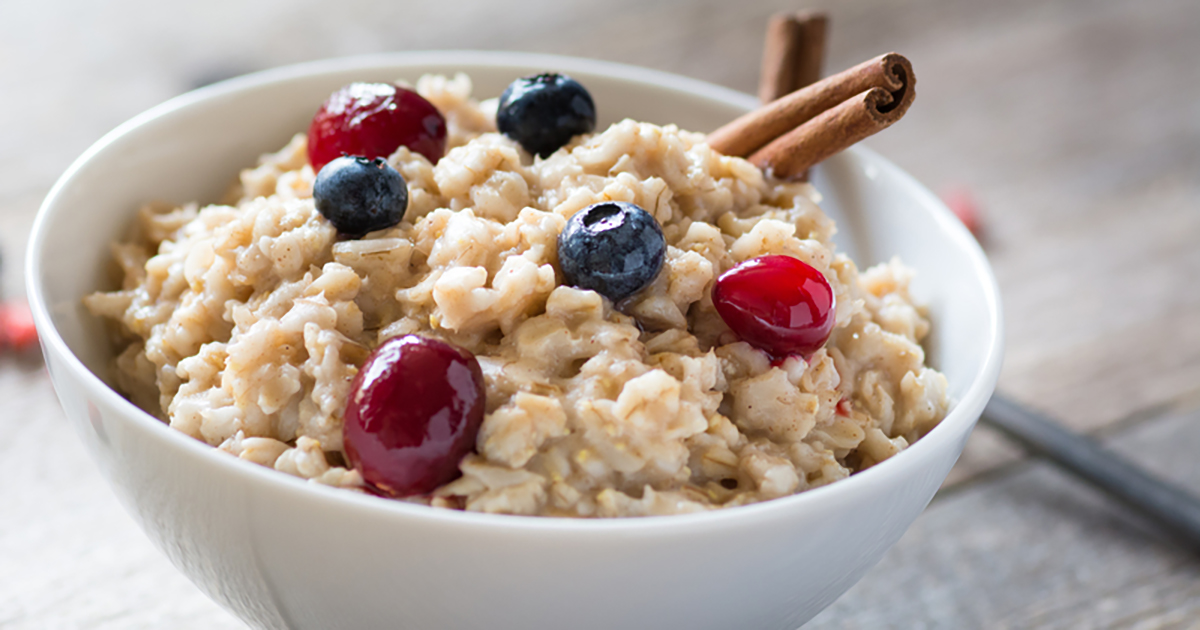
Oatmeal contains soluble fiber, a type of fiber that dissolves in liquid to form a gel. Soluble fiber soaks up water as it travels through the digestive tract to create a bulky matter that is easier to pass through the gastrointestinal system, promoting regularity. Many over-the-counter fiber supplements contain nothing but soluble fiber. Enjoy a steaming bowl of oatmeal for breakfast with fresh blueberries and flaxseed for an added boost of fiber or add oats to homemade granola bars.
Strawberries
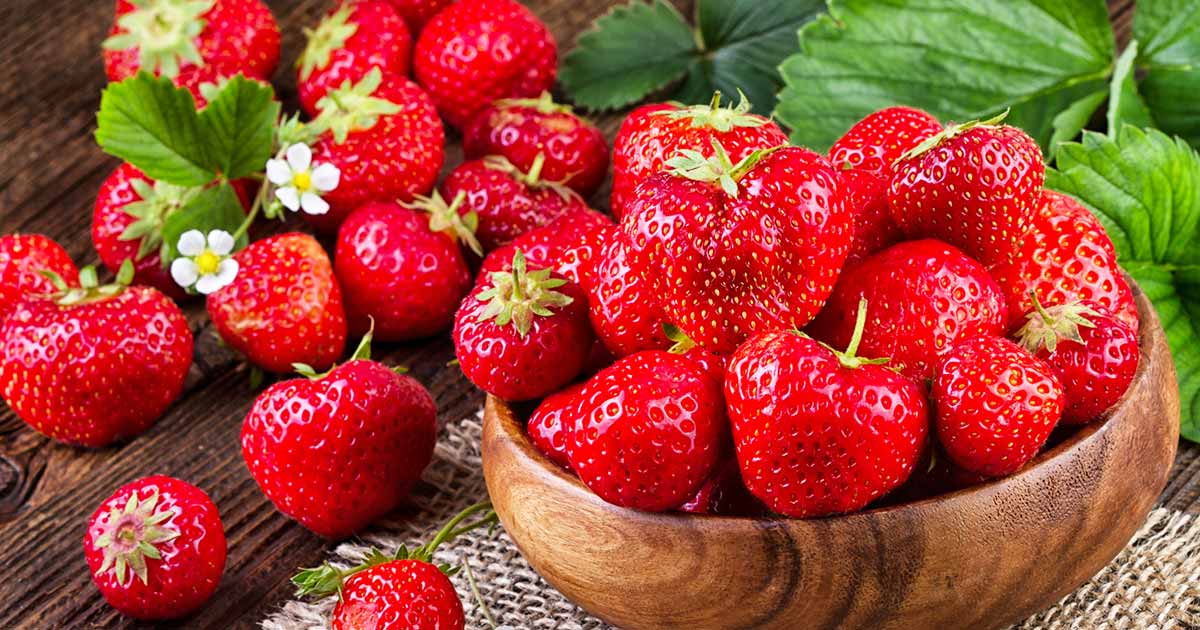
Strawberries contain edible seeds that are high in soluble fiber. They also have a high water content to help hydrate the digestive tract while pushing matter through. Because they are low in calories and taste great, it is easy to eat a lot of them. One cup of whole strawberries provides almost three grams of fiber. Individuals can add some strawberries to their morning cereal and homemade baked goods or eat them raw as an afternoon snack with a handful of nuts.
Almonds
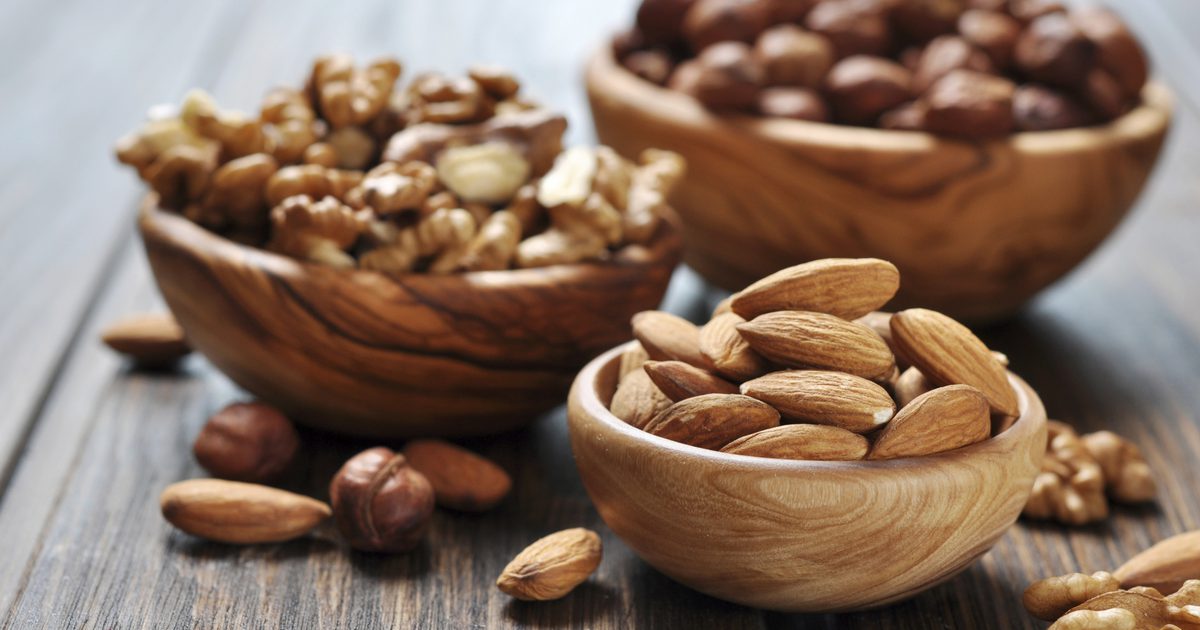
Two handfuls of almonds contain 3.5 grams of fiber, making them the perfect food for individuals to snack on when constipation strikes. They are also high in monounsaturated fatty acids that reduce inflammation, which may be contributing to an individual's constipation. Almonds are extremely versatile and can be enjoyed raw, in smoothies, or on an almond butter and banana sandwich with sprouted whole grain bread. Individuals can also soak almonds overnight and rinse them well before eating to make them easier to digest.
Broccoli
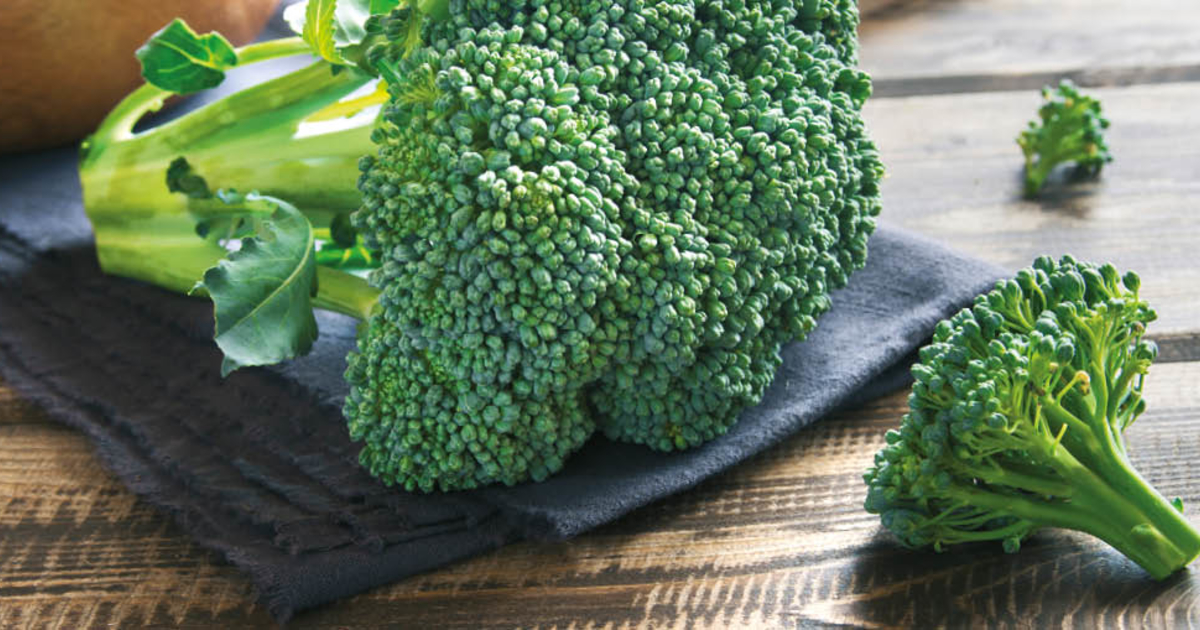
According to a 2010 study published in the Journal of Clinical Nutrition, individuals who do not like to eat vegetables are more likely to deal with constipation, and on a more frequent basis as well. Broccoli contains 5.1 grams of soluble fiber per cup to help create bulk matter in the digestive tract that is easier to move. Add broccoli to whole wheat pasta dishes for an extra serving of vegetables. It can also be added to pizza with whole grain bread or served steamed with chicken and brown rice at dinner.
Popcorn

Popcorn made the cut on this list because it contains approximately one gram of fiber per cup along with only thirty-one calories, making it a healthier snack option than most. However, individuals who consume popcorn who are looking to reduce their constipation should be sure not to add too much salt or butter to the popcorn as this will actually make constipation worse. To make a healthier snack, individuals can try air popping it and topping it with a drizzle of olive oil and a sprinkle of Himalayan sea salt on top. Other healthy toppings for popcorn include cayenne pepper, raw nuts, herbs, and nutritional yeast.
Yogurt
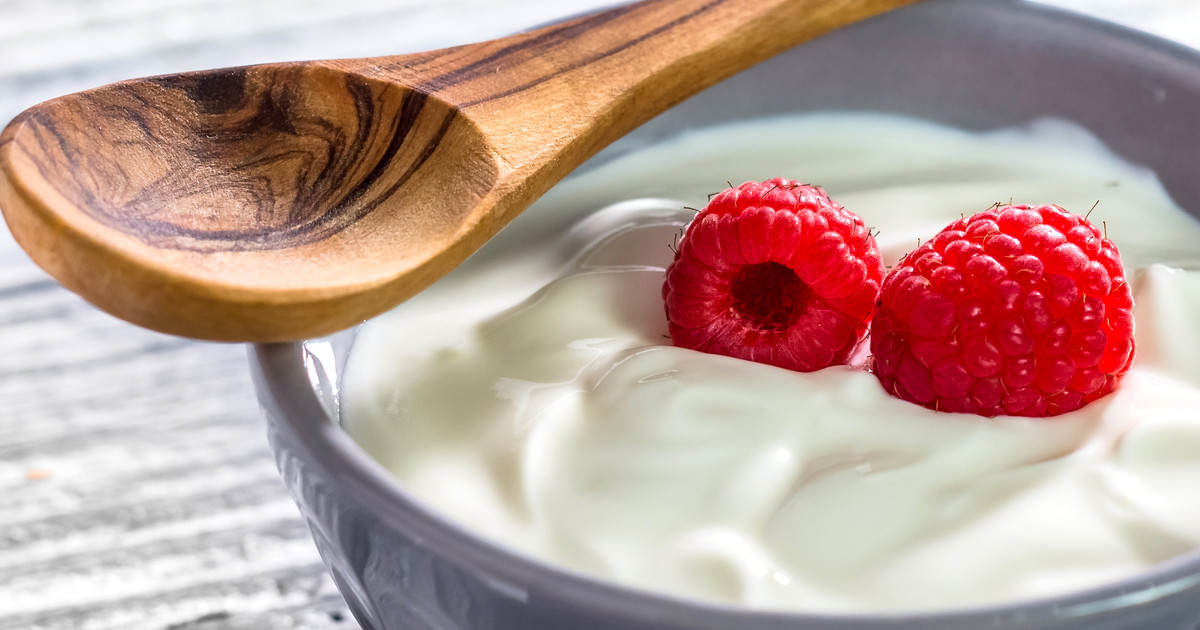
Dairy is a highly inflammatory food that usually causes constipation; however, yogurt is the exception to this rule because of its high probiotic content. Probiotics are the 'good' bacteria the gut needs to promote regularity. Individuals should look for yogurt containing a good amount of probiotics, but they should be careful of added sugar, as this increases inflammation, which is a common cause of constipation. Yogurt can be eaten plain, with berries as a snack, or added to smoothies for a healthy breakfast.
Prunes
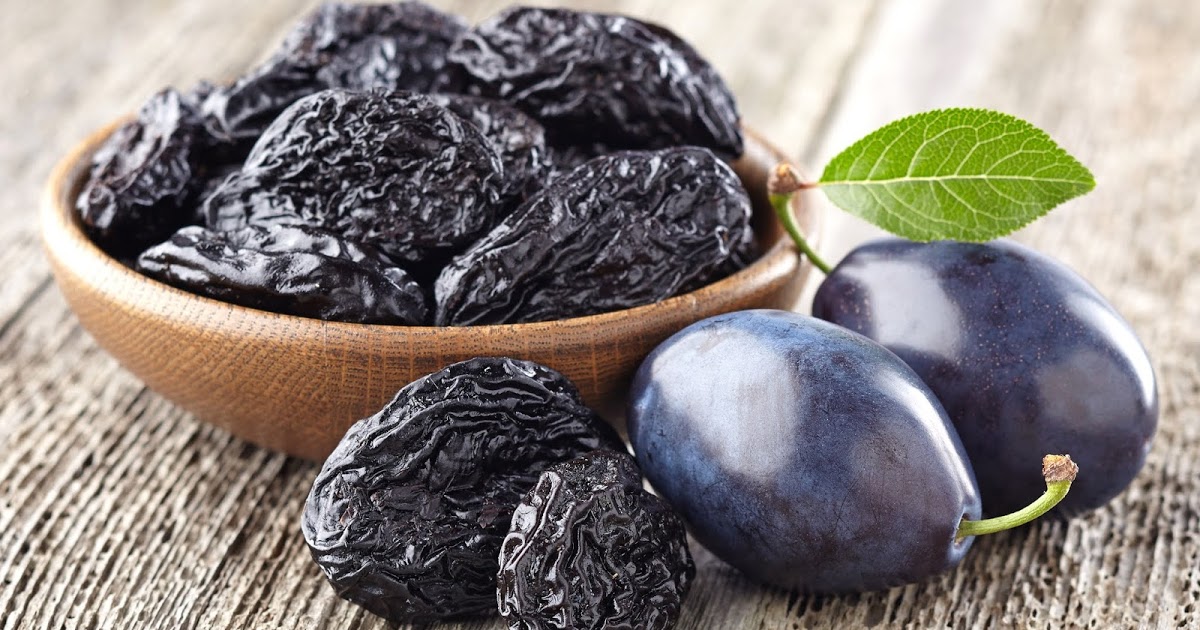
Prunes, or dried plums, contain the compounds sorbitol and dihydrophenylisatin, which have been shown to alleviate constipation. They contain seven grams of fiber for every serving of one hundred grams, and approximately eighty percent of the fiber they contain is soluble. The process of drying a plum increases the amount of fiber in the fruit. Drinking prune juice is also an excellent way for individuals to promote regularity, but they should be sure the juice does not have any added sugar. In fact, prunes and prune juice have been known to be so effective at reducing constipation, many doctors will recommend both to individuals before prescribing medications as a method of treating constipation.
Black Beans
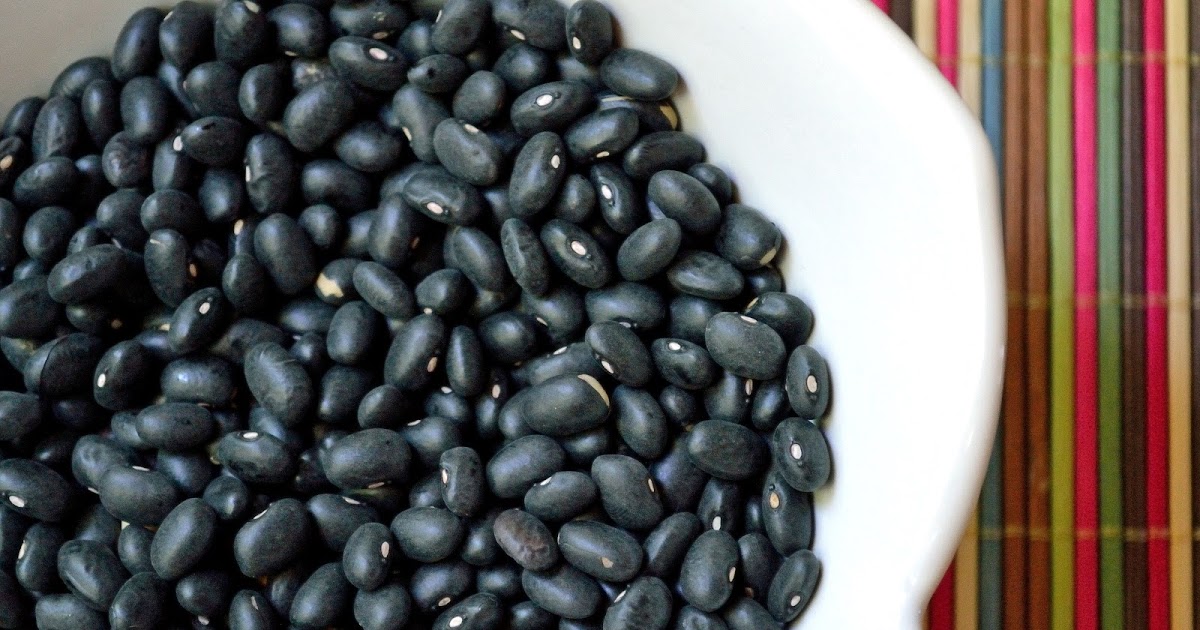
One cup of boiled black beans contains a whopping fifteen grams of fiber, which clearly demonstrates their ability to help keep an individual's digestive tract regular. It also contains fifteen grams of protein; therefore, black beans can also be used as a source of protein in place of meat. Because of their high fiber content, black beans can help reduce the inflammation in the digestive tract that often accompanies constipation. Individuals can try pairing black beans with brown rice for a complete protein containing all of the amino acids.
Flaxseed
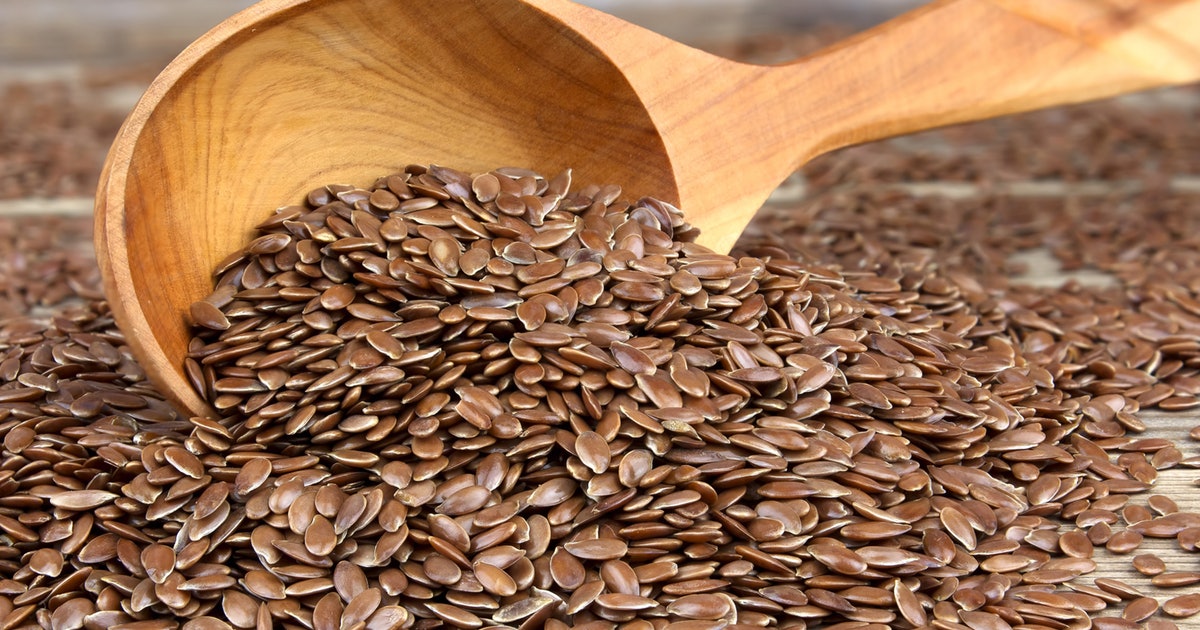
Flaxseed works to reduce constipation in two ways. First, it is an excellent source of omega-3 fatty acids, which reduce the previously discussed gut inflammation associated with constipation. It is also high in fiber, which we know promotes regularity. A three-ounce serving of flaxseed contains eight grams of fiber, which makes it easy to reach the recommended twenty to thirty grams of fiber per day. Flaxseed is also low in calories, so it is quite unlikely to cause excessive weight gain. Individuals can try sprinkling flaxseed on salads or adding it to baked goods. Flaxseed can also be good on top of cereal, used as an egg replacement, or even in smoothies.
Whole Wheat Bread
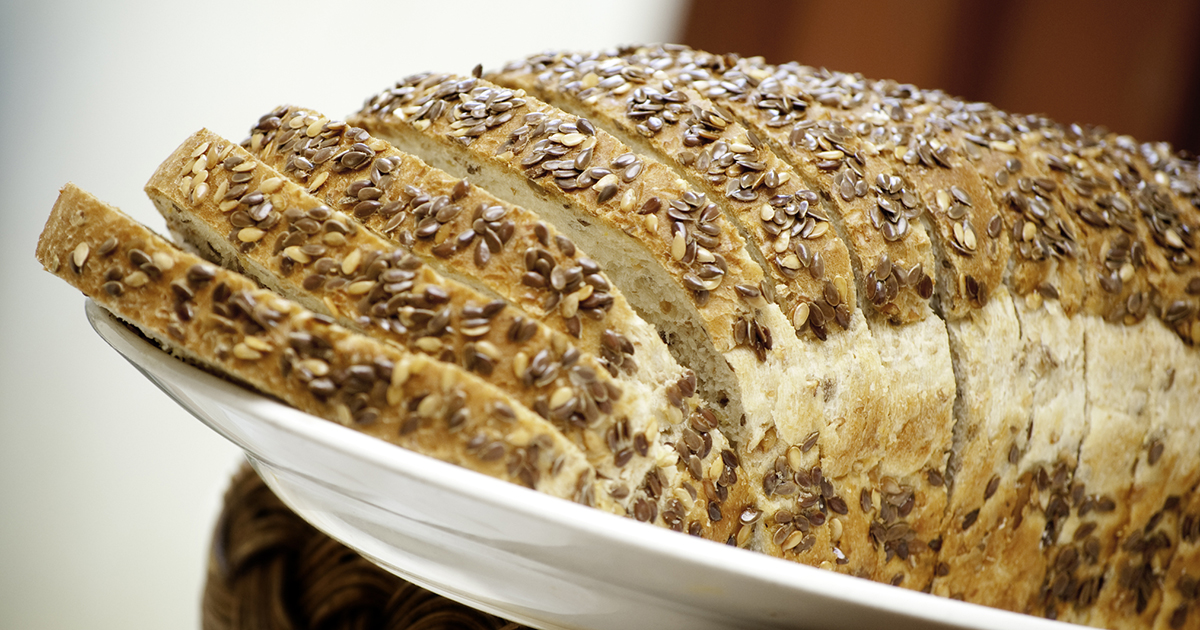
Most store-bought whole grain bread is full of processed carbohydrates and refined sugars, so individuals should be careful when picking one out. Always choose whole wheat bread over white bread when eating out at restaurants and delis as it has a higher fiber content. Sprouted grain is the best option for relieving constipation and remaining health, as it contains more fiber and as many nutrients as most green vegetables. Individuals can enjoy a healthy sandwich full of delicious vegetables and lean meat on sprouted grain bread for lunch to get in more fiber and relieve their constipation.
High-Fiber Cereal
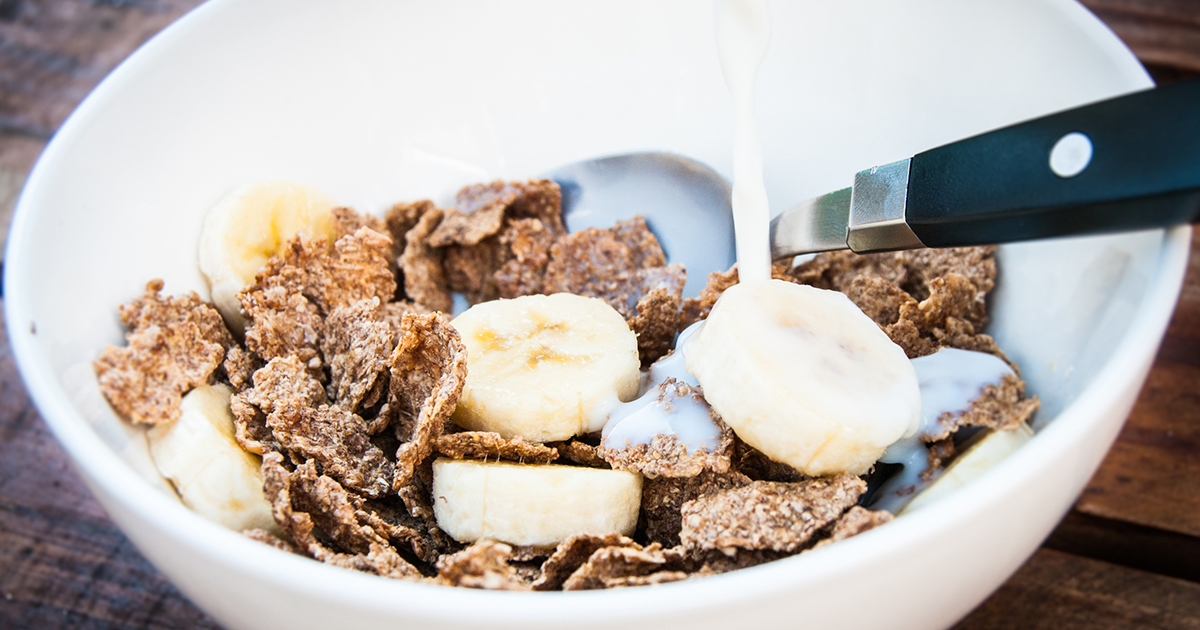
Starting the day with a high-fiber cereal is a good way for individuals to keep things moving, especially first thing in the morning. Individuals looking to reap the best benefits should choose a bowl of cereal with five grams of fiber or more per serving and the lowest amount of sugar possible. They should look for a cereal with whole wheat or whole grains listed as the first ingredient and no high fructose corn syrup. As cow's milk may cause constipation, individuals looking for relief may wish to try pairing a high-fiber cereal with almond milk or another non-dairy milk to alleviate their bloating and constipation.
Apples
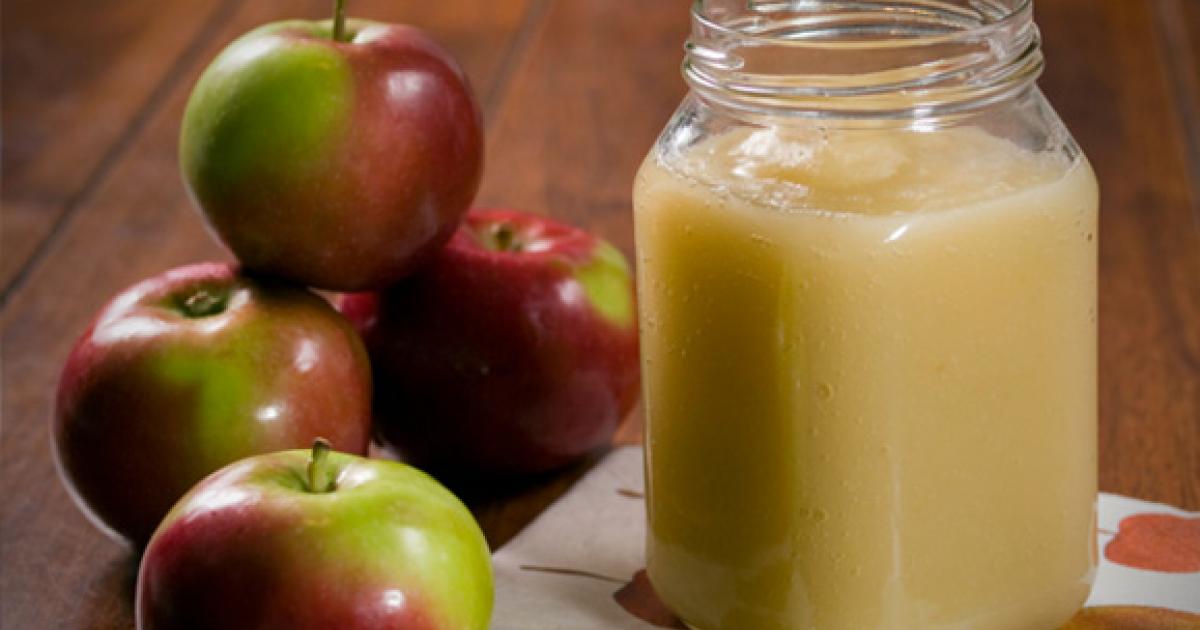
Apples, which are rich in fiber, are a great way to help kick the body's digestive system into gear. Apples contain pectin, a fiber that specifically promotes a natural laxative effect. Research shows weeks of continuous pectin ingestion helps improve the digestive health of the body. Eating an apple or two a day can provide impeccable health benefits. Despite being known as an organic laxative, this fruit also contains an abundance of vitamin C. Many health experts suggest vitamin C is essential to promote the overall health and functionality of an individual's organs.
Pears

Another fruit high in natural fiber is the pear. Individuals looking for a super punch of fiber should try eating Asian pears. Dietitians say Asian pears have a whopping ten grams of fiber per pear. When individuals eat pears with the skin intact, they could get even more fiber. Researchers also say individuals will feel full after eating a pear while simultaneously finding it helps them pass stool. By indulging in a pear, the body receives sorbitol, fructose, and fiber. Each of these compounds helps individuals deal with constipation while promoting a healthy digestive system.
Figs
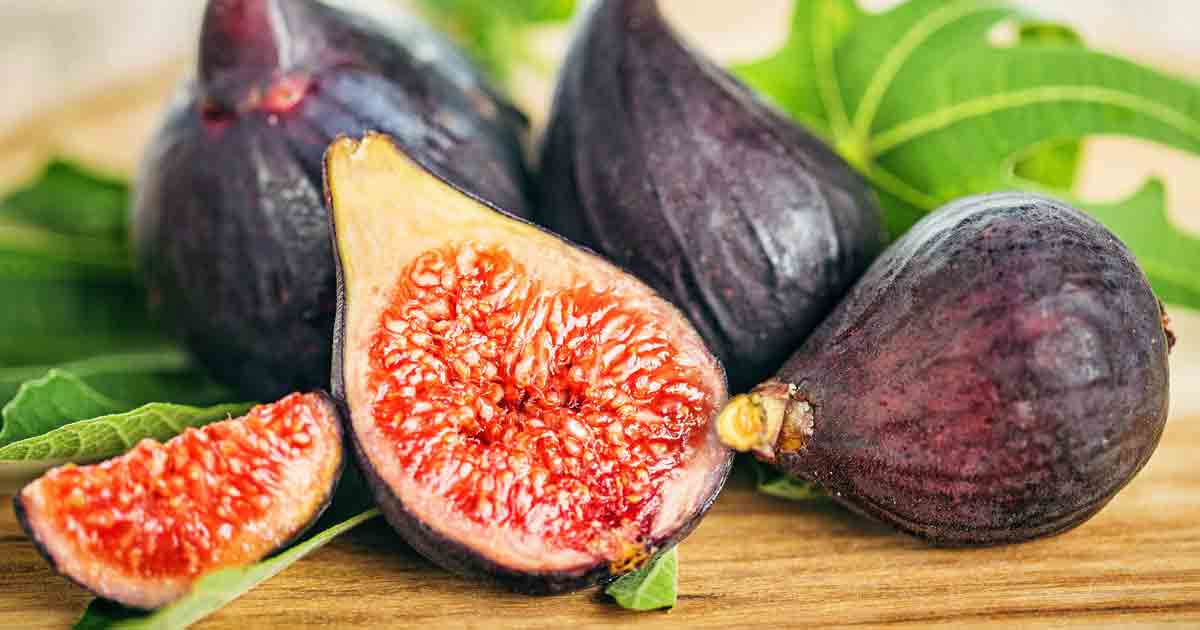
Eating figs can be quite helpful for individuals trying to regulate their stools and prevent constipation. Packed with soluble fiber, figs are finger foods aficionados can't seem to put down once they start eating them. Doctors say soluble fiber helps promote bowel movements and since they are packed with two grams of this specific fiber, they remain a staple for those wanting to remedy constipation naturally. Of course, figs are often included in packaged foods, but these are not nearly as helpful for relieving constipation, since they do not typically have the same fiber content.
Artichokes
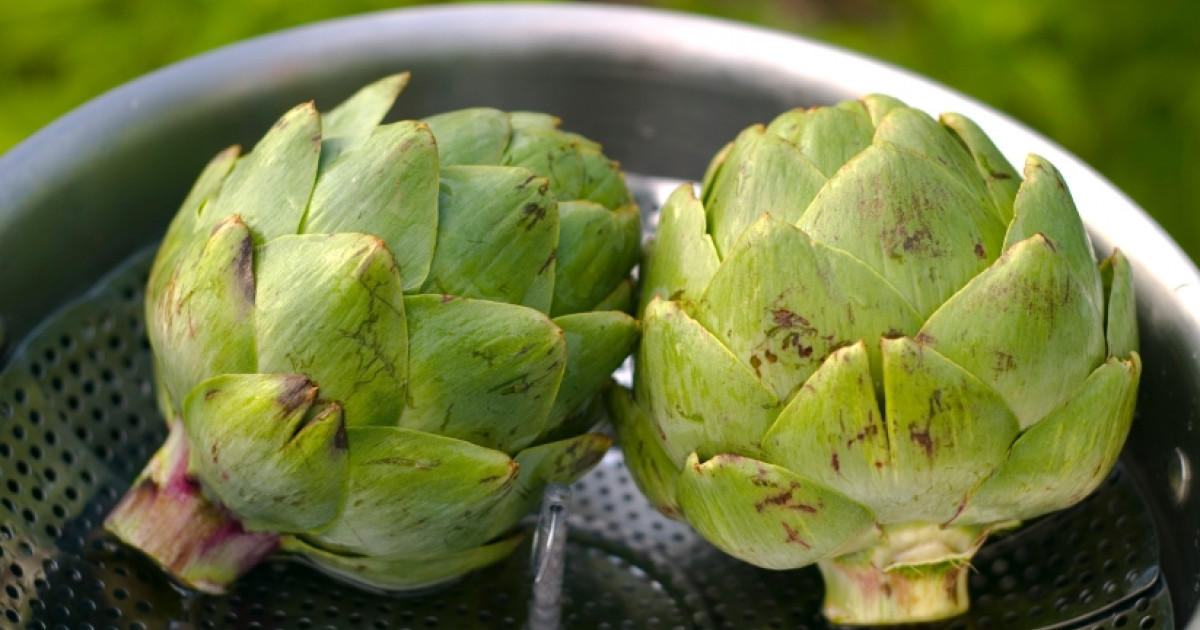
Once again, fiber has come to the rescue for individuals dealing with uncomfortable bouts of constipation. One artichoke contains roughly ten grams of fiber, making it a great source for individuals to turn to. As we already know, fiber is amazing when it comes to regulating bowel movements and stimulating the digestive process. Artichokes can be cooked in a variety of ways, though it is important to note simpler methods such as baking, steaming, or boiling them with only a little flavor is better for digestion than simply incorporating them into fatty dips and other dishes.
Rhubarb
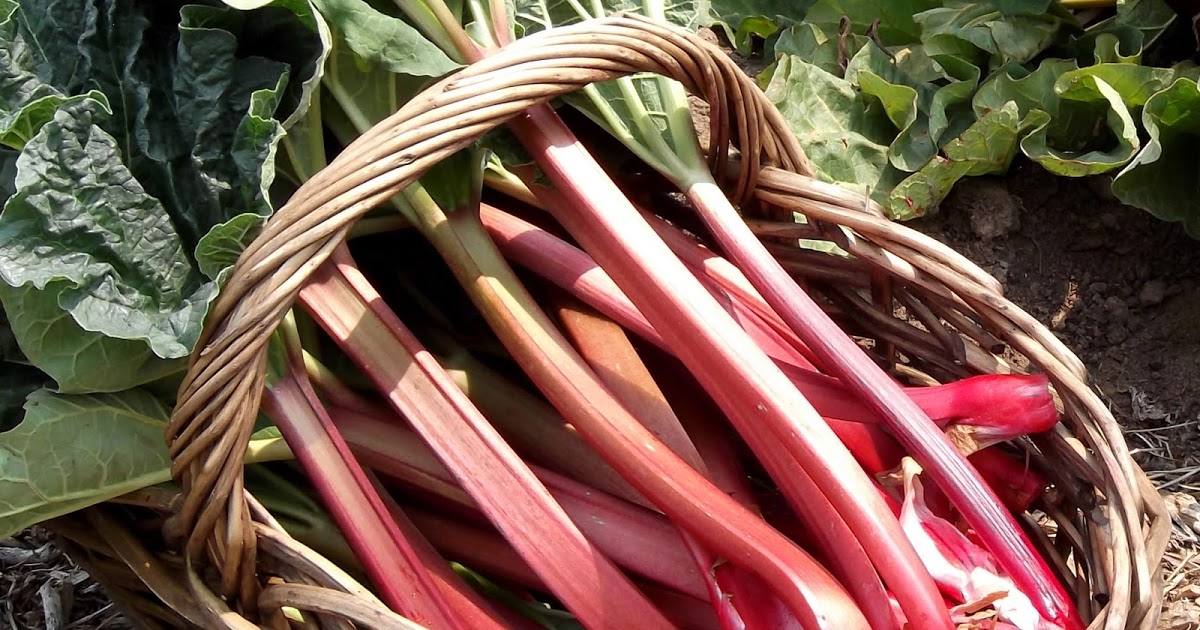
The rhubarb plant may look weird and inedible at first glance, but cultures all around the world have incorporated this plant into their day to day diets. Most chefs will use the red, stalky part of the plant to create dishes. Some cultures believe rhubarb is a delicacy and many food creators have used this plant as a compliment to dessert dishes. Rhubarb, as it may surprise many to realize, is actually quite rich in fiber, which is precisely why it helps with constipation. Many also believe the other nutrients rhubarb contains contribute to its position as a natural laxative. However, individuals must be aware the leaves of the plant should not be consumed, as they contain oxalic acid, which can irritate the stomach.
